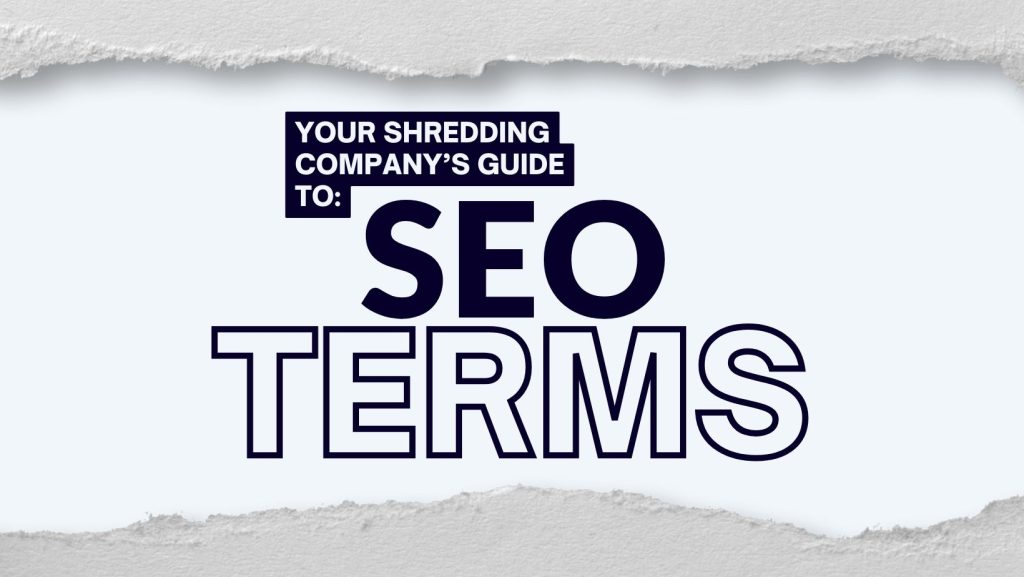Search Engine Optimization (SEO) is like a sport – dominated by the well-executed, knowledgeable and experienced. Like Hockey or Football – SEO has its’ superstars, but they often take the form of an approachable employee rather than a 6-foot-5 enforcer. To be skilled in either – requires time, talent and commitment.
Here are five beginner tips you can use to help boost your search engine rankings on popular sites like Google, Yahoo and Bing – and you don’t have to be a pro…
1. Submit your company URL to popular search engines
Simply log-on to a popular search engine like Google and Yahoo and type “submit my url” in the search field. The process often consists of a small online form. Don’t forget – you’re helping them out by doing this too.
2. Submit your business and website to business directories
Directories are a great way to associate yourself with a business category so that web users can easily find your business. Users who use directories are often seeking a specific product or service they want. A mother searching for music lessons for her daughter through a business directory would likely consider things like location, price and quality – and wouldn’t stray from the ‘music’ search category. This often means that a more direct audience will be seeking you out. Some directories list consumer reviews and provide the opportunity for discussion directly on the website.
Directories also help SEO because they can provide another link to your website; this is called a “Back Link”. Some types of directories are: local businesses, industry specific, unions and associations or categorically specialised. Here’s a few to get you going: HotFrog.ca, BarrieDirect.ca, Google Places, and Manta. Put your focus towards the free directories; the biggest value is that link back to your website.
3. Participate in industry-relevant blogs and forums
Being active in online communities is a great way to promote your business, products, services and key messages. Contributing to important discussion involving your industry is a great way to stay informed and keep involved.
However, the real reward comes with using ‘Back Linking Strategy’ or generating “Back Links”. This was mentioned briefly in #2 – and could very well be the subject of an article itself, but we’re not professionals (remember). Take the time to read and develop an interesting response to posts in threads that you feel are relevant to your business, then using a simple code (like the one below), plug-in your link. Ideally, the website would allow your post because you have provided some intuitive response and contribution to the content in the thread.
“My personal experience with planting <a href=”http://www.YOURURL.com”>Red Roses</a> didn’t quite pan-out either, so I decided to try a 3-in-1 soil and they grew better than expected!”
=
“My personal experience with planting Red Roses didn’t quite pan-out either, so I decided to try a 3-in-1 soil and they grew better than expected!”
• Red Roses would be a link back to your company website.
4. Develop a list of target keywords
Ask yourself, “If I were a customer and wanted to find a website like mine (ideally mine), could I?” An easy way to approach target keywords is to consider the pathway a potential customer would take to find your website. Keywords – and key phrases, work to associate your company’s products, services and messages within the search engine queues, which is why quality keywords are essential.
If a small sports equipment shop in Barrie, Ontario, were to develop a list of target keywords, then it would likely use keywords associated with the themes present within and around the business as whole. Location is very important to consider as well. Here is an example of a small keyword list for our hypothetical sports equipment shop: barrie sports equipment, barrie hockey equipment, barrie sports apparel, baseball equipment barrie, golf clubs barrie.
5. Write a blog
Take advantage of networking with the wide-open online community of individuals in your industry. Start a blog – connect with other blog authors, share stories, create back links and link your company website to your blog and vise versa (there’s a back link for you). You may want to consider a service like WordPress.com, which dynamically presents blogs within a website (remember, updating the content within your website keeps the search engine spiders coming back to your website, hence a better page rank).
Blogs create the opportunity for organizations to demonstrate transparency about issues surrounding its industry. Take advantage of putting a ‘personal edge’ on blogs to make them interesting, readable and generate reader’s interest so that they keep coming back.
Stay current and dedicated to your website. Constantly research ways to improve your SEO skills and challenge yourself to enhance your e-business presence.
For professional web development, graphic design and marketing solutions – visit NetGainSEO.com Barrie’s premiere web development and marketing firm.


